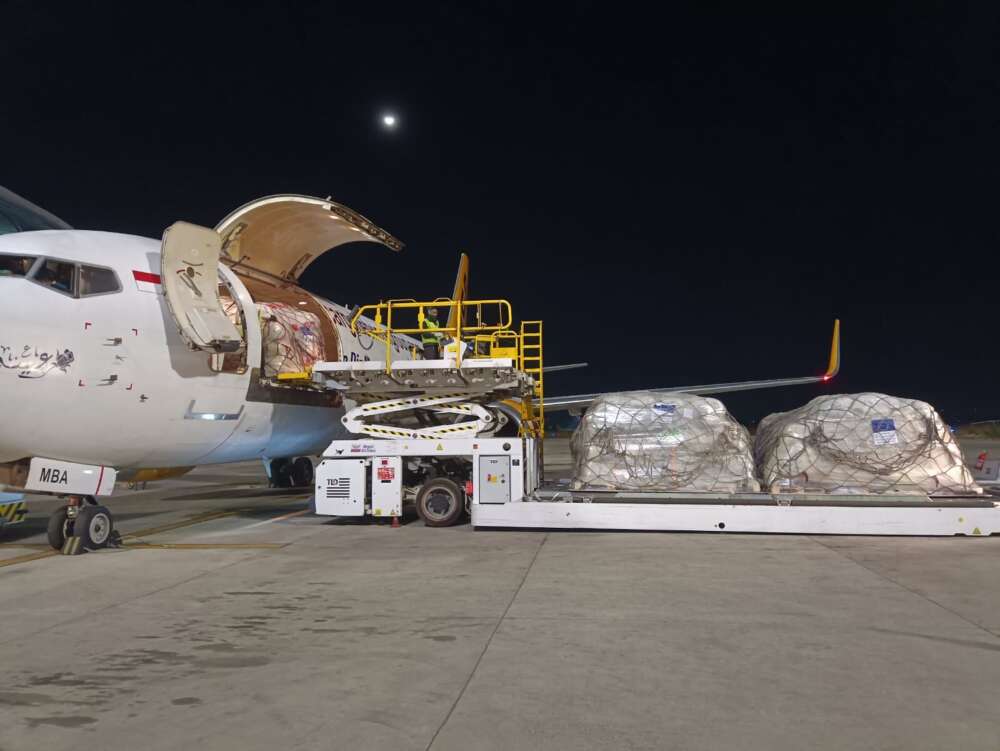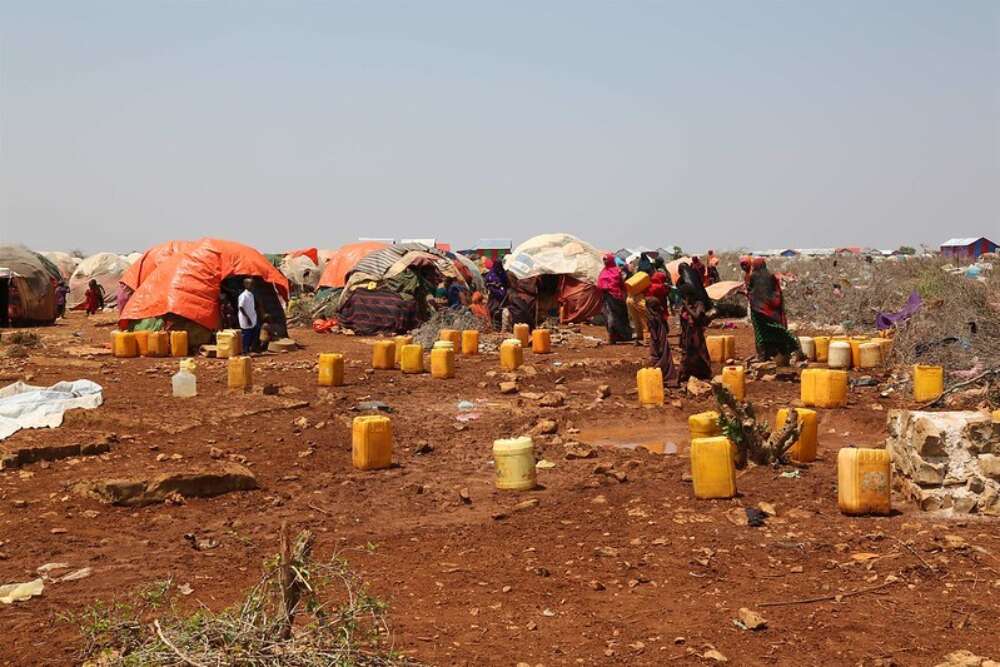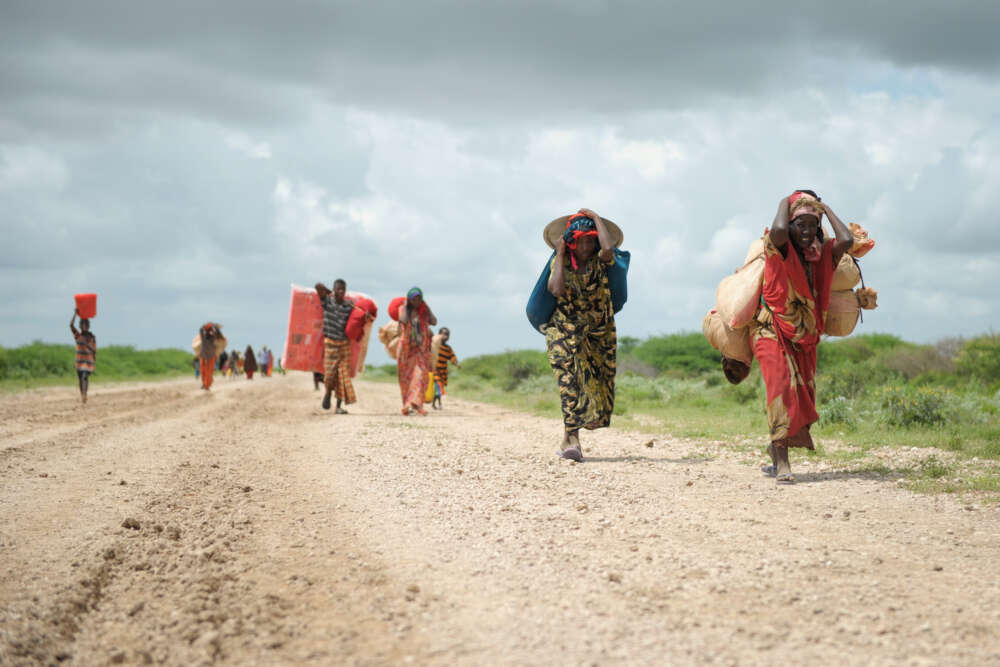Introducing Anticipatory Action: A Feasibility Study for Malteser International

This report, the abridged public version of an internal report commissioned by Malteser International (MI) in 2023, presents the key results of a feasibility study on Anticipatory Action (AA) for the organization. In the current landscape of humanitarian aid and disaster response, AA entails shifting from reactive to proactive approaches, from crisis management to risk reduction, and from dependency to empowerment.
The feasibility study finds that Anticipatory Action – a robust, dignified approach to addressing vulnerabilities – closely aligns with MI’s vision, priorities, experiences, and future direction, making it a sensible approach for the organization. But what are the conditions for Malteser International to integrate AA into its humanitarian work? And which opportunities, risks and pathways will it – and similar organizations – encounter when doing so?
Four in-depth country case studies (Bangladesh, Kenya, Pakistan, and Uganda) and an organizational assessment structured the analysis. The research team conducted 216 interviews with staff from MI, implementing partners, other NGOs, donors, UN agencies, and a range of AA experts; and reviewed internal documents, AA frameworks, evaluations, and other relevant documents.
Systematically introducing Anticipatory Action at Malteser International is feasible, since key factors to successfully do so are largely within the organization’s control. But MI needs to define its own approach – one that fits with the realities of the different contexts in which it works and of the evolving AA ecosystem. So, to minimize up-front investment and maximize adding value, MI should contribute to existing Anticipatory Action Frameworks or similar plans rather than develop any of its own. With this guiding premise, it will be relatively easy for Malteser International to pilot Anticipatory Action and gradually build up a track record that will help it mobilize resources in the longer term and broaden its AA footprint.
After reflecting on the feasibility study and its findings, the following steps are recommended for MI leadership, which can also serve to guide peer organizations:
- Provide a general sense of direction on Anticipatory Action;
- Mobilize resources and decide how to fund anticipatory actions;
- Develop Anticipatory Action guidelines;
- Invest in targeted capacity-building and learning opportunities;
- Select pilot locations;
- Network and seek partnerships at the international level;
- Establish an internal community of practice to reflect on experiences;
- Establish structures to report back on lessons learned.
For more detailed recommendations, including a step-by-step guide for how Malteser International can select pilot locations to become a credible Anticipatory Action stakeholder, download the report.







